Find Help
More Items From Ergsy search
-

Are you a male victim of domestic abuse?
Relevance: 100%
-

What is the new Domestic Abuse Act in the UK?
Relevance: 61%
-
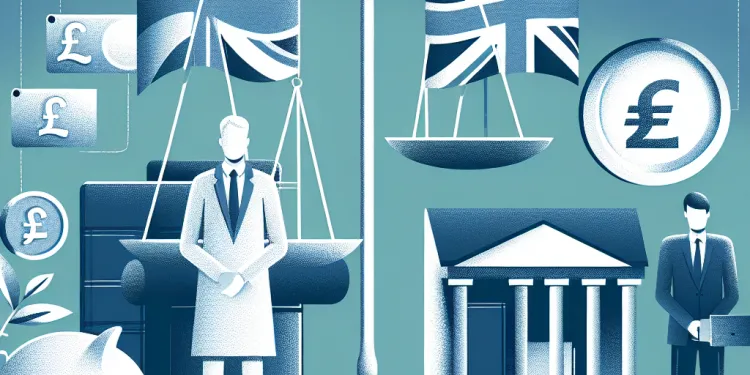
Understanding the New Domestic Abuse Laws in the UK
Relevance: 61%
-

Understanding the Impact of the UK's New Domestic Abuse Legislation
Relevance: 59%
-

What constitutes economic abuse under the Domestic Abuse Act 2021?
Relevance: 58%
-

When did the Domestic Abuse Act 2021 come into effect?
Relevance: 56%
-
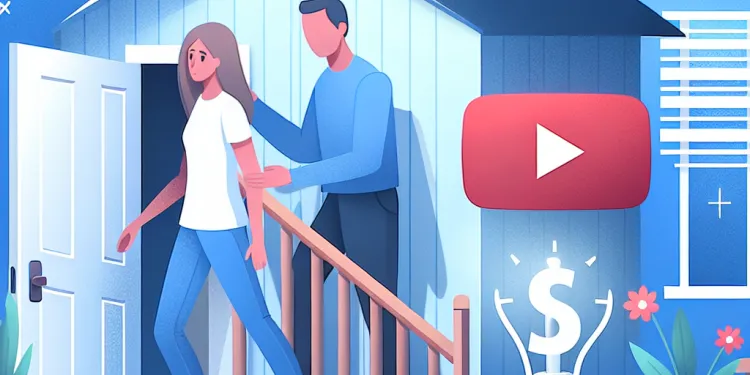
Steps to Take When Facing Domestic Abuse
Relevance: 55%
-

Live Fear Free - Domestic Abuse
Relevance: 55%
-

Who can be a victim of honour based abuse?
Relevance: 55%
-

Who can be considered a domestic abuse perpetrator under the new law?
Relevance: 52%
-

Live Fear Free - The Effect of Domestic Abuse on Children
Relevance: 50%
-
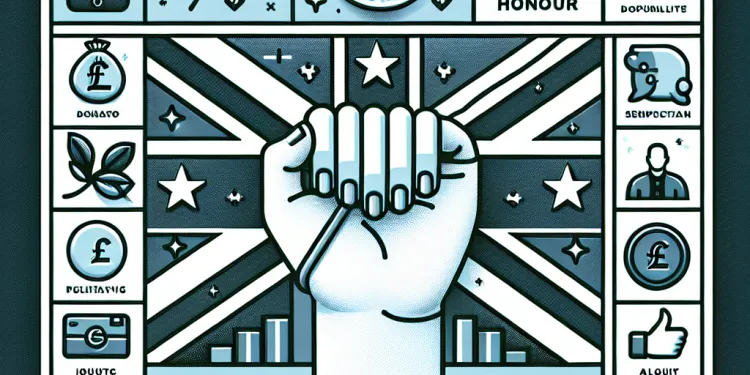
How does honour based abuse impact victims?
Relevance: 46%
-

Can men be perpetrators of honour based abuse?
Relevance: 43%
-
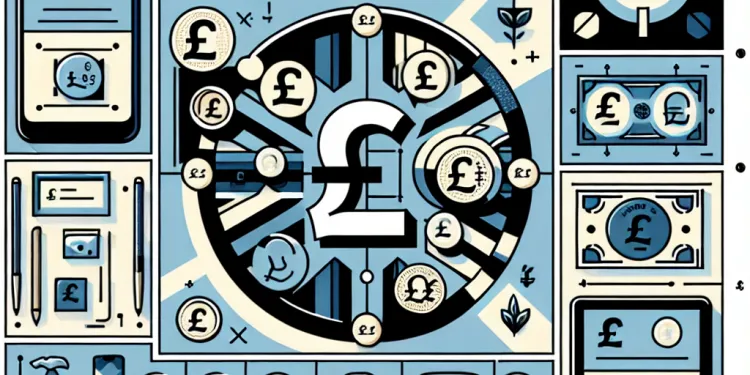
Is honour based abuse a cultural practice?
Relevance: 40%
-

What is Honour Based Abuse?
Relevance: 40%
-

What are the new protocols for domestic violence cases in family court in 2026?
Relevance: 38%
-
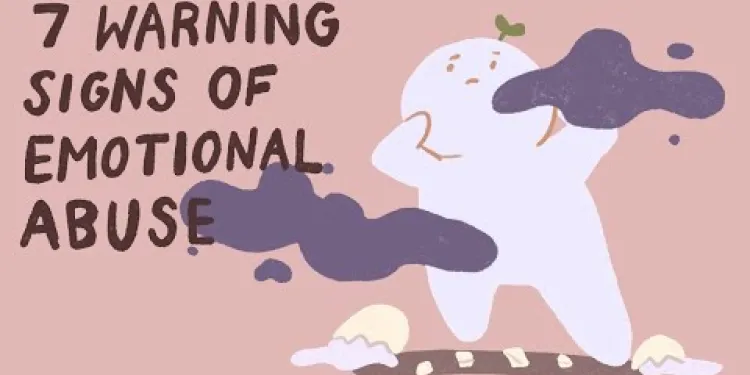
7 Warning Signs of Emotional Abuse
Relevance: 37%
-
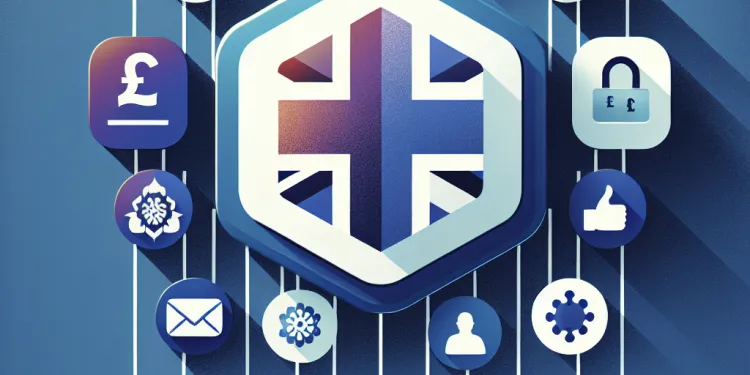
How can honour based abuse be prevented?
Relevance: 36%
-
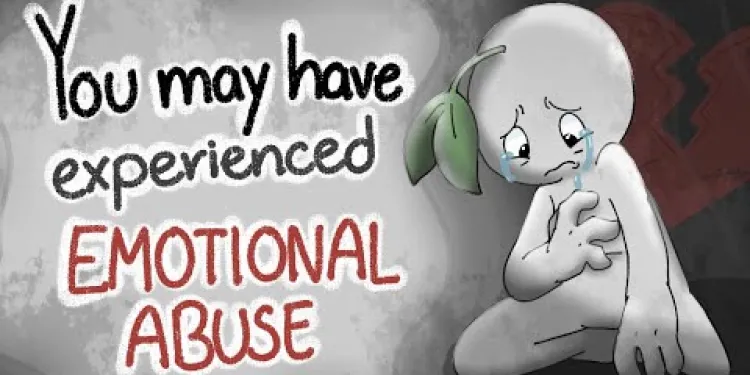
6 Signs of Emotional Abuse and Neglect
Relevance: 35%
-

When Kids Abuse Kids
Relevance: 34%
-
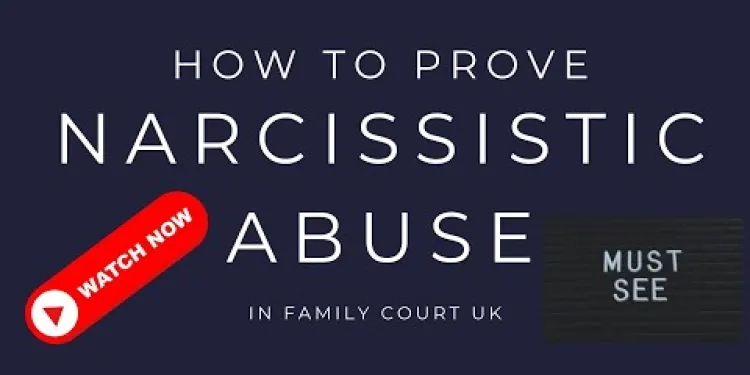
How To Prove Narcissistic Abuse In Family Court UK
Relevance: 34%
-

What forms can honour based abuse take?
Relevance: 33%
-
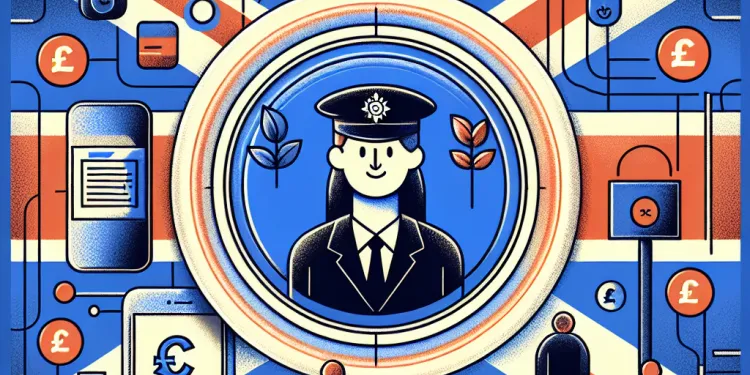
What are the signs of honour based abuse?
Relevance: 31%
-
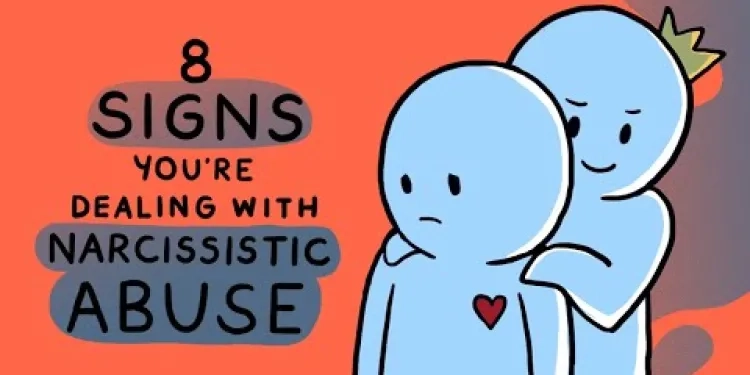
8 Signs You Are Dealing with Narcissistic Abuse
Relevance: 31%
-
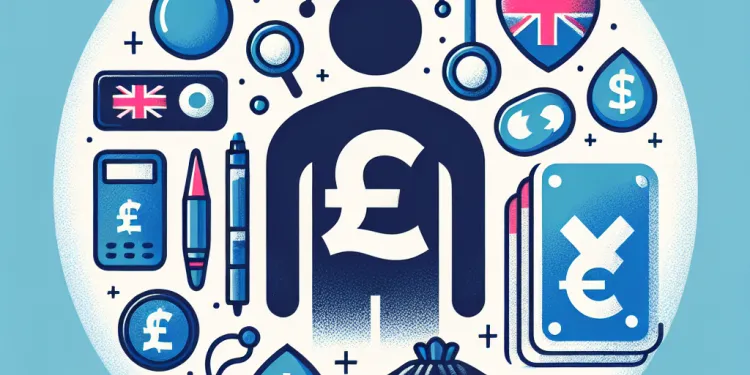
What are the reasons for male infertility?
Relevance: 29%
-

5 Signs You've Been Mentally Abused
Relevance: 27%
-

Ian Stones - Test him - Male Infertility
Relevance: 27%
-

Three-year limit for child sexual abuse claims to be removed
Relevance: 26%
-

Is it necessary to have travel insurance for domestic trips?
Relevance: 23%
-
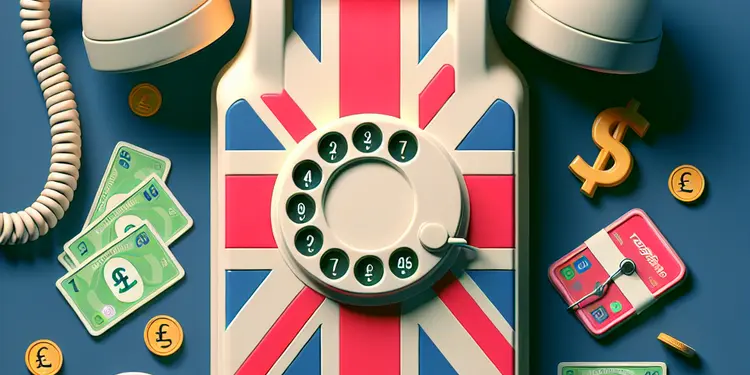
How do scammers trick victims over the phone?
Relevance: 23%
-

The Most Dangerous Crypto Scam: Victims Speak Out
Relevance: 23%
-

Phishing Scams EXPOSED Don't Fall Victim to These Tricks!
Relevance: 22%
-
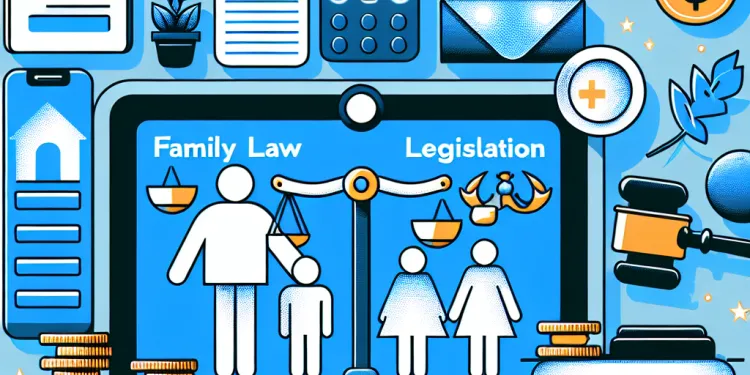
Impacts of Recent Changes to Family Law Legislation
Relevance: 22%
-

What are women's prisons like in the UK?
Relevance: 21%
-

Are boys or girls more likely to be targets of grooming?
Relevance: 21%
-

Do male and female brains age differently regarding dementia risk?
Relevance: 20%
-

What is Gaslighting?
Relevance: 19%
-

What are the common signs that a child might be a victim of grooming?
Relevance: 17%
-
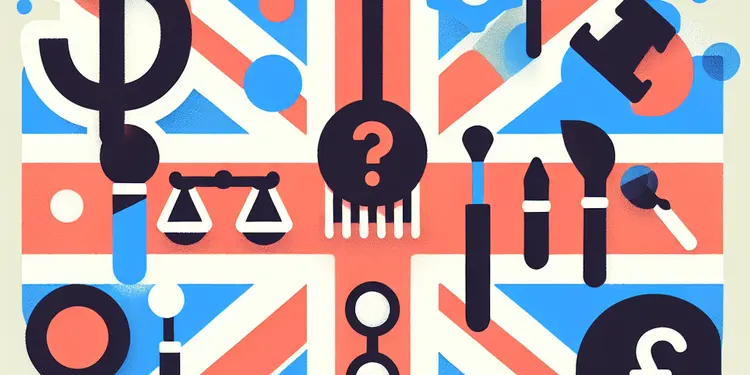
What role does secrecy play in the grooming process?
Relevance: 16%
-
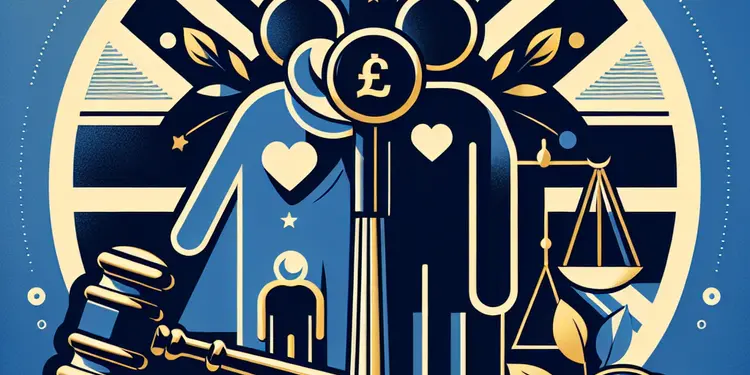
Are there modifications to legal aid access in family court for 2026?
Relevance: 14%
Are You a Male Victim of Domestic Abuse?
Domestic abuse is a serious issue that can affect anyone, regardless of gender. In the United Kingdom, there are thousands of men who experience domestic abuse each year. It is crucial to recognize the signs and understand that help is available for men who find themselves in such a situation.
Understanding Male Domestic Abuse
Domestic abuse can manifest in various forms, including physical, emotional, psychological, and financial abuse. Men may feel ashamed or embarrassed to admit they are victims, leading to a lack of reporting. It is important to acknowledge that domestic abuse against men is just as serious as it is against women. If you are experiencing fear, intimidation, or harm from a partner or family member, you could be a victim of domestic abuse.
Signs of Domestic Abuse
Some common signs of domestic abuse include being isolated from friends and family, feeling controlled or monitored, experiencing physical violence, or suffering from verbal or emotional insults that undermine self-esteem. Financial control, threats, and coercive behavior are also key indicators. Recognizing these signs is the first step towards seeking help and protection.
Getting Help and Support
If you are a male victim of domestic abuse, know that you are not alone and support is available. In the UK, organizations such as ManKind Initiative, Men's Advice Line, and local councils offer resources specifically for male victims. These organizations provide confidential advice, support, and, where necessary, help you find emergency accommodation. Law enforcement agencies are also trained to take domestic abuse seriously, regardless of the victim's gender.
Seeking Legal Protection
The UK legal system provides protection through orders such as Non-Molestation Orders and Occupation Orders, which can legally prevent an abuser from contacting or approaching you. It is important to keep evidence of any abuse and consider seeking legal advice to understand your rights and options.
Breaking the Silence
Overcoming domestic abuse involves breaking the silence. By speaking out, whether to a trusted friend, family member, or support organization, you take a critical step towards regaining control and rebuilding your life. Remember, acknowledging the abuse and reaching out for help is a sign of strength.
Are You a Male Victim of Domestic Abuse?
Domestic abuse is when someone hurts or controls you badly. It can happen to anyone, including men. In the UK, many men face this problem every year. It's important to see the signs of abuse and know that there is help for men.
Understanding Male Domestic Abuse
Abuse can be physical, like hitting, or emotional, like making you feel bad about yourself. It can also be about control over your money. Sometimes men feel too ashamed to tell anyone. Know that it's just as important for men to get help as it is for women. If someone is scaring, hurting, or controlling you, you might be a victim of abuse.
Signs of Domestic Abuse
Here are some signs of abuse: being kept away from friends and family, feeling watched all the time, being hurt physically, or being called mean names. If someone controls your money or threatens you, these are also signs of abuse. Noticing these signs is the first step to getting help.
Getting Help and Support
If you are a man facing abuse, you are not alone. In the UK, you can get help from places like ManKind Initiative and Men's Advice Line. These places can give you advice, support, and help you find a safe place if you need it. The police can also help you and take abuse seriously.
Seeking Legal Protection
The law in the UK can help protect you. Orders like Non-Molestation Orders can stop your abuser from coming near you. It's important to keep any proof of the abuse and talk to a lawyer to know what you can do.
Breaking the Silence
Stopping abuse starts with speaking up. Talk to someone you trust, like a friend, family member, or a support group. This is a big step to feeling safe and happy again. Remember, asking for help shows you are strong.
Frequently Asked Questions
What is domestic abuse against men?
Domestic abuse against men refers to any incident or pattern of incidents of controlling, coercive, threatening, or violent behavior by a partner, ex-partner, or family member, regardless of gender or sexuality.
How common is domestic abuse against men in the UK?
Domestic abuse against men is a significant issue in the UK, with statistics indicating that approximately one in six men will experience domestic abuse in their lifetime.
What forms can domestic abuse take?
Domestic abuse can take many forms, including physical violence, emotional abuse, coercive control, sexual abuse, financial manipulation, and isolation from friends or family.
Why do men find it difficult to report domestic abuse?
Men may find it difficult to report domestic abuse due to societal stigma, fear of not being believed, shame, or concerns about losing their children or their reputation.
What should I do if I am a male victim of domestic abuse?
If you are a male victim of domestic abuse, reach out to support services such as the Men's Advice Line, and consider contacting the police if you feel safe to do so.
Are there support services specifically for men?
Yes, there are support services specifically for men, including the Men’s Advice Line, which provides confidential advice and support.
Can men access shelters or safe accommodation?
Men can access shelters or safe accommodation, although availability may vary. Some organizations provide support to help men find temporary refuge.
Is domestic abuse against men recognized by the law?
Yes, domestic abuse against men is recognized by the law in the UK, and victims are entitled to the same legal protections as women under the Domestic Abuse Act 2021.
What legal actions can male victims of domestic abuse take?
Male victims of domestic abuse can seek legal actions such as obtaining a Non-Molestation Order or an Occupation Order, and can also report the abuse to the police.
Can I report domestic abuse anonymously?
You can report domestic abuse anonymously through various support lines and charities, although providing your details can help ensure you receive the support you need.
How can I protect myself from further abuse?
To protect yourself from further abuse, develop a safety plan, stay connected with trusted friends or family, and contact support services for advice and assistance.
How can I help a friend who is experiencing domestic abuse?
Offer your support by listening, believing their experience, providing them with contact information for relevant support services, and encouraging them to seek help.
What are the signs of domestic abuse?
Signs of domestic abuse can include physical injuries, changes in behavior, withdrawal from social interactions, and financial difficulties due to abusive control.
Can men be victims of psychological abuse?
Yes, men can be victims of psychological abuse, which can include manipulation, threats, verbal insults, and any behavior designed to undermine or control them.
Where can I find more information about domestic abuse against men?
For more information, you can visit websites like Men’s Advice Line and Mankind Initiative, which provide resources and support for male victims of domestic abuse.
What is domestic abuse against men?
Domestic abuse against men is when someone hurts a man they know. This person could be a partner, family member, or someone else close to them.
Domestic abuse can be many things, like hitting, shouting, or controlling what a man does. It is not okay, and men can ask for help.
Supportive tools and techniques:
- Talk to someone you trust, like a friend or family member.
- Contact a helpline for advice and support.
- Write down what is happening to help remember details.
Domestic abuse against men means any time someone tries to control, scare, or hurt a man. This can be done by a partner, someone they used to be with, or a family member. It does not matter if the person is a man or a woman, or who they love.
Here are some ways to get help:
- Talk to someone you trust about how you feel.
- Call a support helpline for advice.
- Keep a safe place in mind where you can go if things get scary.
How often are men hurt at home in the UK?
Some men are hurt by the people they live with. This can happen to dads, brothers, or sons. It is important to talk about it and get help.
If you feel hurt or scared at home, tell someone you trust. You can also call phone numbers that help people. They listen and give advice.
Remember, everyone should feel safe at home.
Domestic abuse against men is a big problem in the UK. About one in every six men will go through this in their life.
What are the different types of domestic abuse?
Domestic abuse is when someone hurts another person in their home or relationship.
Here are some different ways it can happen:
- Hitting or Hurting: This means someone is being physically hurt.
- Mean Words: Using words to make someone feel bad about themselves.
- Controlling Money: Not letting someone use or have money.
- Keeping Secrets: Telling someone they can’t talk to other people or friends.
- Not Letting You Do Things: Stopping someone from going out or doing what they want.
If you or someone you know is experiencing any of these, it is good to tell someone or ask for help. Here are some things that can help:
- Ask a trusted adult for help.
- Talk to a teacher or friend.
- Call a helpline for support.
Domestic abuse is when someone hurts another person they live with. It can be many things:
- Hitting or hurting someone physically
- Saying mean things to make someone feel bad
- Trying to control what someone does
- Touching someone in a way they don't like
- Taking away someone's money
- Keeping someone away from their friends or family
If you or someone you know needs help, there are people who can support you. You can talk to a trusted adult, call a helpline, or use safe apps to get help.
Why is it hard for men to talk about home abuse?
It can be tough for men to tell someone if they are hurt at home.
- Men might feel embarrassed or scared to say they need help.
- They might think people won't believe them.
- Some men may feel they have to be strong all the time.
If you know someone who needs help, you can:
- Tell them it's okay to talk about their feelings.
- Help them call a support line for advice.
- Be a good listener and support them.
Men might feel scared to tell someone about being hurt at home. They might worry people won't believe them. They might feel embarrassed or fear they could lose their kids or what others think of them.
What can I do if I am a man hurt at home?
If you are a man and someone at home is hurting you, it's important to get help.
Here are some steps you can take:
- Talk to someone you trust, like a friend or family member.
- Call a helpline for men who are hurt at home. They can listen and give advice.
- You can also contact a group that helps people who are hurt at home. They can help you make a plan to stay safe.
Remember, it is okay to ask for help. You are not alone.
You can also use tools like:
- Voice-to-text apps to write your thoughts if talking is easier than writing.
- Mind-mapping apps to organize your ideas and plans.
These tools can make it easier to get the help you need.
If you are a man hurt at home, ask for help. You can call the Men's Advice Line. It is okay to call the police if you feel safe doing that.
Is there help just for men?
Yes, there are services to help men. One is the Men's Advice Line. They give advice and support. Everything is private.
Can men stay in shelters or safe places?
Men can find safe places to stay, like shelters. Sometimes there might not be many spaces. Some groups help men find a safe place if they need it.
Does the law know about abuse against men at home?
Yes, the law in the UK says that hurting men at home is wrong. Men who get hurt can get the same help from the law as women. This is because of the Domestic Abuse Act 2021.
What can men do if they are hurt at home?
Men can get help if someone is hurting them at home. Here are some things they can do:
- Talk to the police: Men can call the police to get protection and help right away.
- Visit a lawyer: A lawyer can explain what legal steps men can take to stay safe.
- Get a restraining order: This is a paper from the court that tells the person who is hurting them to stay away.
- Speak to support groups: There are groups that support men. They listen and give advice.
Men should know they are not alone, and it's okay to ask for help.
Helpful Tools:
- Use a phone to call for help. Dial emergency numbers if in danger.
- Write down what happens, including dates and times, to share with a lawyer or police.
Men who are hurt at home can get help. They can ask a judge for a paper to keep them safe. This is called a Non-Molestation Order or an Occupation Order. They can also tell the police about what happened.
Can I tell someone about domestic abuse without saying my name?
If you see or hear domestic abuse, you can tell someone about it without giving your name.
It's okay to keep who you are a secret.
You can call special phone lines or go online to tell them what you saw or heard.
Here are some tools that can help:
- Use a phone to call a helpline.
- Go on a website to tell someone.
You can tell someone about domestic abuse without saying your name. You can call special phone lines or talk to charities that help people. But if you share your name, it helps make sure you get the help you need.
How can I keep myself safe from more harm?
To stay safe from more harm, make a safety plan. Keep in touch with friends or family you trust. Talk to support services for help and advice.
How can I help a friend who is in a bad situation at home?
Your friend might need help if they don’t feel safe at home. Here's how you can help:
- Listen: Let your friend talk and listen carefully to what they say.
- Believe: Tell them you believe them and it's not their fault.
- Support: Offer to help them find someone who can help, like a trusted adult or a support group.
- Stay in Touch: Keep in contact so they know you care.
Some tools that might help:
- Encourage using a support line for advice.
- Suggest keeping a journal to write down their feelings.
Remember to keep your conversations private to keep your friend safe.
Help your friend by listening to them. Believe what they say. Give them phone numbers or website links for people who can help. Tell them it's a good idea to ask for help.
What are the signs of domestic abuse?
It is important to know the signs of domestic abuse. This can help you or others stay safe.
Here are some signs to watch for:
- Someone is being hurt or hit at home.
- They are being yelled at or called bad names.
- They are not allowed to see friends or family.
- They don't have a say in things that happen at home.
- They feel scared of someone they live with.
If you think you or someone you know is in danger, talk to a trusted adult or call a helper line. They can give advice and help keep you safe.
Using pictures or videos can help understand the signs. Talking to a friend or an adult about it can also be useful.
Domestic abuse can show through many signs. These might be bruises or injuries, acting differently, staying away from friends or people, and having money problems because someone is controlling them.
Can men be hurt by unkind words or actions?
Yes, men can be hurt by unkind words or actions. This is called psychological abuse.
Psychological abuse is when someone says or does things to make another person feel bad or scared.
Men can talk to someone they trust if they feel this way. They can also call a helpline for help.
Yes, men can be hurt by psychological abuse. This means they can be treated badly in ways like being tricked, threatened, called names, or told things that make them feel bad. Any actions that try to control them or make them feel less important can be a type of abuse.
If you or someone you know is facing this, it's important to talk to someone you trust. You can also write down your feelings in a journal or use calming tools like deep breathing to help you feel better.
Where can I learn more about domestic abuse against men?
Do you want to know more about domestic abuse that happens to men? Here are some tips:
- Look for websites about helping people.
- Try calling a helpline for advice.
- You can ask someone you trust for help.
These ways can help you learn more and find support.
If you want to learn more, you can look at websites like Men’s Advice Line and Mankind Initiative. They help men who are hurt by people they live with.
Useful Links
This website offers general information and is not a substitute for professional advice.
Always seek guidance from qualified professionals.
If you have any medical concerns or need urgent help, contact a healthcare professional or emergency services immediately.
Some of this content was generated with AI assistance. We’ve done our best to keep it accurate, helpful, and human-friendly.
- Ergsy carfully checks the information in the videos we provide here.
- Videos shown by Youtube after a video has completed, have NOT been reviewed by ERGSY.
- To view, click the arrow in centre of video.
- Most of the videos you find here will have subtitles and/or closed captions available.
- You may need to turn these on, and choose your preferred language.
- Go to the video you'd like to watch.
- If closed captions (CC) are available, settings will be visible on the bottom right of the video player.
- To turn on Captions, click settings .
- To turn off Captions, click settings again.
More Items From Ergsy search
-

Are you a male victim of domestic abuse?
Relevance: 100%
-

What is the new Domestic Abuse Act in the UK?
Relevance: 61%
-

Understanding the New Domestic Abuse Laws in the UK
Relevance: 61%
-

Understanding the Impact of the UK's New Domestic Abuse Legislation
Relevance: 59%
-

What constitutes economic abuse under the Domestic Abuse Act 2021?
Relevance: 58%
-

When did the Domestic Abuse Act 2021 come into effect?
Relevance: 56%
-

Steps to Take When Facing Domestic Abuse
Relevance: 55%
-

Live Fear Free - Domestic Abuse
Relevance: 55%
-

Who can be a victim of honour based abuse?
Relevance: 55%
-

Who can be considered a domestic abuse perpetrator under the new law?
Relevance: 52%
-

Live Fear Free - The Effect of Domestic Abuse on Children
Relevance: 50%
-

How does honour based abuse impact victims?
Relevance: 46%
-

Can men be perpetrators of honour based abuse?
Relevance: 43%
-

Is honour based abuse a cultural practice?
Relevance: 40%
-

What is Honour Based Abuse?
Relevance: 40%
-

What are the new protocols for domestic violence cases in family court in 2026?
Relevance: 38%
-

7 Warning Signs of Emotional Abuse
Relevance: 37%
-

How can honour based abuse be prevented?
Relevance: 36%
-

6 Signs of Emotional Abuse and Neglect
Relevance: 35%
-

When Kids Abuse Kids
Relevance: 34%
-

How To Prove Narcissistic Abuse In Family Court UK
Relevance: 34%
-

What forms can honour based abuse take?
Relevance: 33%
-

What are the signs of honour based abuse?
Relevance: 31%
-

8 Signs You Are Dealing with Narcissistic Abuse
Relevance: 31%
-

What are the reasons for male infertility?
Relevance: 29%
-

5 Signs You've Been Mentally Abused
Relevance: 27%
-

Ian Stones - Test him - Male Infertility
Relevance: 27%
-

Three-year limit for child sexual abuse claims to be removed
Relevance: 26%
-

Is it necessary to have travel insurance for domestic trips?
Relevance: 23%
-

How do scammers trick victims over the phone?
Relevance: 23%
-

The Most Dangerous Crypto Scam: Victims Speak Out
Relevance: 23%
-

Phishing Scams EXPOSED Don't Fall Victim to These Tricks!
Relevance: 22%
-

Impacts of Recent Changes to Family Law Legislation
Relevance: 22%
-

What are women's prisons like in the UK?
Relevance: 21%
-

Are boys or girls more likely to be targets of grooming?
Relevance: 21%
-

Do male and female brains age differently regarding dementia risk?
Relevance: 20%
-

What is Gaslighting?
Relevance: 19%
-

What are the common signs that a child might be a victim of grooming?
Relevance: 17%
-

What role does secrecy play in the grooming process?
Relevance: 16%
-

Are there modifications to legal aid access in family court for 2026?
Relevance: 14%


